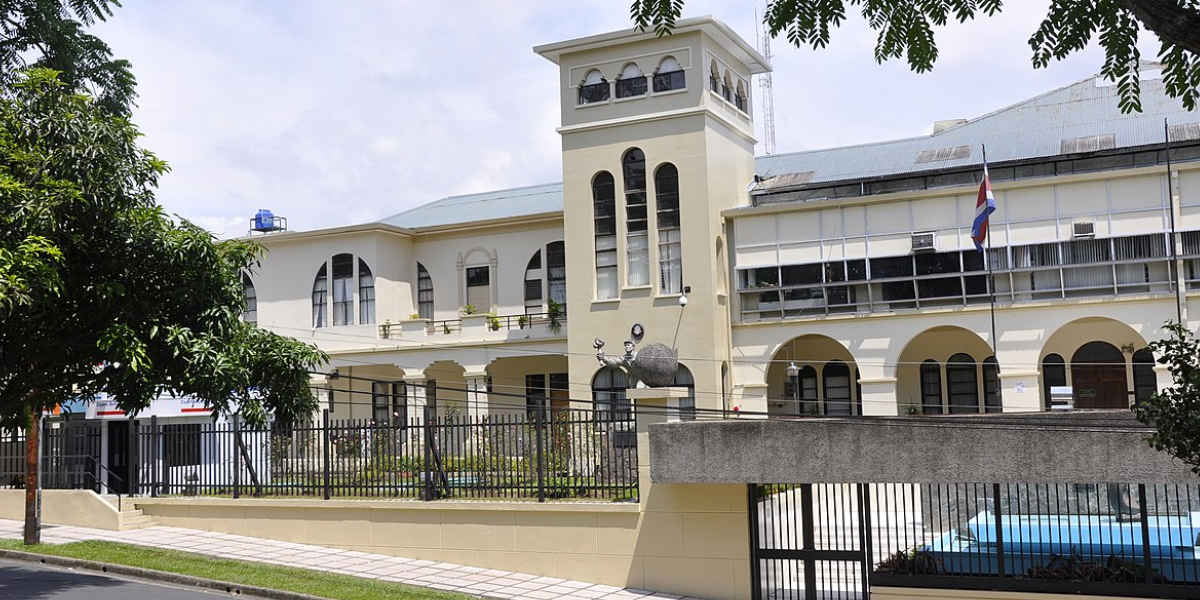On 4 December 2018, Costa Rica passed a tax reform bill which includes several tax reform measures.
Interest limitation rule: Under the law, an interest limitation rule applies which interest expenses that exceed 20% of the taxpayer’s earnings before interest, taxes, depreciation and amortization (EBITDA) are not deductible for corporate income tax.
Interest expense arising from debt with the Development Banking System (SBD, Spanish), with entities subject to the oversight and inspection of any of the Superintendencies registered with the National Council of the Financial System (CONASSIF, in Spanish) or with banks or financial institutions overseas duly supervised by an oversight body or agency in the country of origin, are excluded from this limitation.
The law authorizes the tax authorities to increase the interest expense deduction if a taxpayer requests an increase and meets all the requirements of a resolution. This provision applies in the second tax year after the date of entry into force. The deduction is limited to 30% for the first two tax years and is then adjusted downward by two percentage points each year until it reaches 20%.
Permanent Establishment (PE): The law introduces a new definition of a permanent establishment that complies with international standards, including the statement that a construction or service company is considered to be PE if the activities continue for a period of more than 183 days within a 12-month period.
Hybrid mismatch provisions: The introduction of hybrid mismatch provisions which provide disallowance of the deduction of expenses when an expense is paid to a related non-resident and the expense does not generate taxable income for the non-resident or the expenditure is deductible for the non-resident.
The measures of the above-mentioned law, except for the interest limitation, generally come into force on 1 July 2019.














